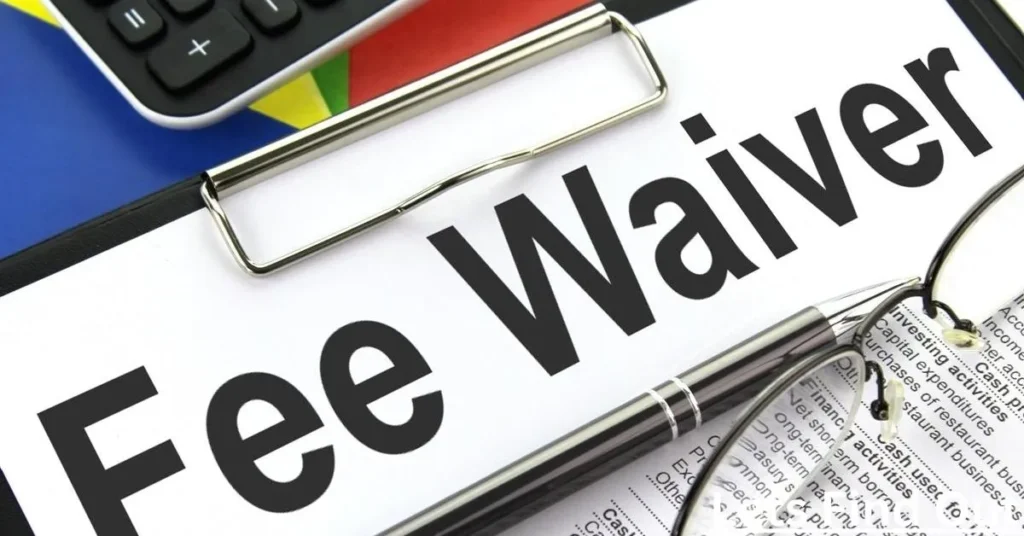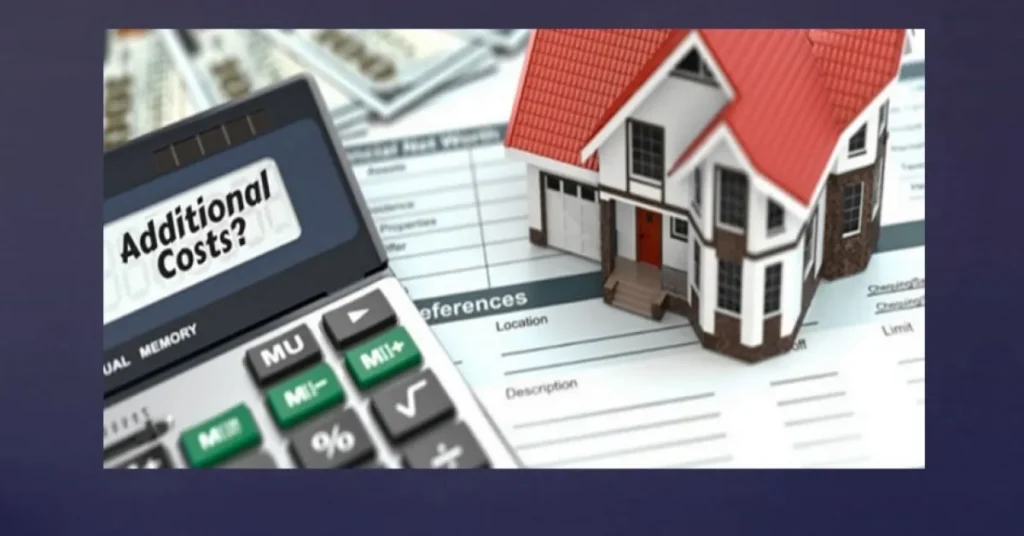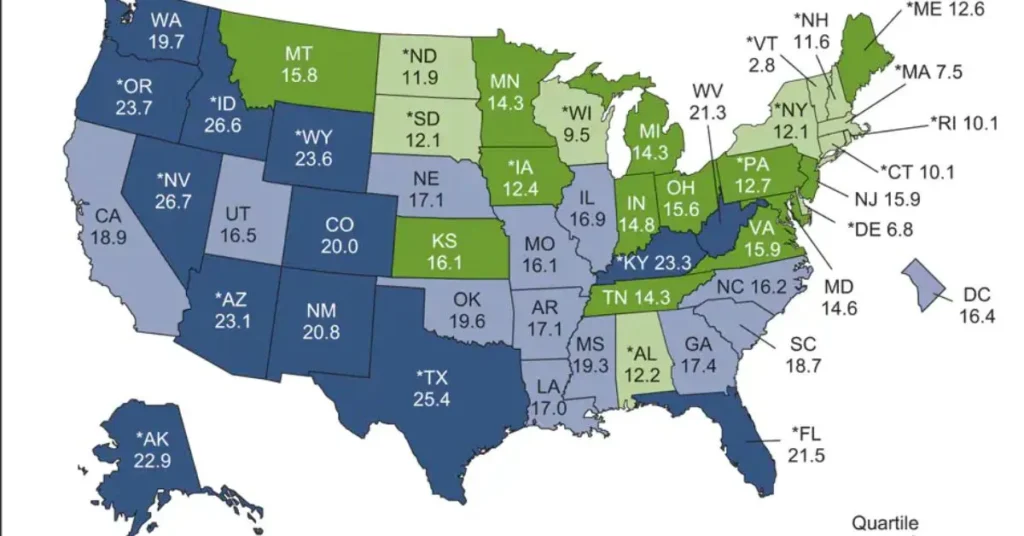A real estate license is essential for anyone who wants to buy and sell properties professionally. It allows you to legally represent clients in real estate transactions. Having a license also builds trust and credibility with potential clients.
Understanding the costs of getting a real estate license is crucial. It helps aspiring real estate agents budget effectively. Knowing the expenses upfront can prevent financial surprises later.
Aspiring agents need to plan for various costs, including education, exam fees, and licensing fees. Being aware of these costs ensures a smoother path to becoming a licensed real estate professional. Proper planning can make the journey more manageable and successful.
Costs Breakdown
Getting a real estate license involves several costs. First, you must pay for pre-licensing courses, which usually range from $200 to $500. Next, the licensing exam fee costs between $50 and $100. Additionally, you need to budget for fingerprinting and background checks, which typically cost around $50 to $100.
After passing the exam, you must pay for the licensing fee, which ranges from $150 to $300. Some states also require post-licensing courses, costing another $100 to $300. Finally, you should consider the cost of joining a real estate association and subscribing to a Multiple Listing Service (MLS), which can be $200 to $1,500 annually.
Pre-Licensing Education
Pre-licensing education is essential for anyone pursuing a real estate license. The course fees vary, usually ranging from $200 to $1,000. Online classes offer flexibility and convenience, while in-person classes provide direct interaction and networking opportunities.
Each state has specific requirements for pre-licensing education. Most states require between 40 to 180 hours of coursework. Key points include:
- Course fees vary by state and provider.
- Choose between online or in-person classes.
- Fulfill state-specific hour requirements.
Exam Fees

State exam fees vary by state, ranging from $50 to $200. You must check your state’s real estate commission website for exact costs. National exam fees, if applicable, usually cost between $100 and $150. These fees cover the cost of administering and scoring the exams.
Preparation for the exams can add extra costs. Study materials and courses range from $50 to $500. Investing in good prep courses and materials can greatly increase your chances of passing on the first try.
Licensing Fees
Licensing fees for a real estate license include several components. The initial application fee covers the cost of processing your application. This fee varies by state but is generally around $50 to $150. A background check fee is also required. This fee ensures that applicants meet the necessary legal and ethical standards. The background check fee typically ranges from $30 to $80.
Fingerprinting is mandatory for all applicants. The fingerprinting fee helps to verify your identity and ensure there are no criminal records that could affect your eligibility. This fee usually costs between $20 to $50. Here are the main fees summarized:
- Initial application fee: $50 to $150
- Background check fee: $30 to $80
- Fingerprinting fee: $20 to $50
Post-Licensing Education
Real estate agents must complete post-licensing education to maintain their licenses. Each state sets specific requirements. Generally, agents must finish a certain number of hours within the first year or two after getting their license. These courses cover advanced topics in real estate practices, ethics, and legal updates. States design these requirements to ensure agents stay knowledgeable and compliant.
The cost of post-licensing education varies. It depends on the state and the provider. Typically, agents can expect to pay between $100 and $500 for required courses. Over time, these costs can add up. Agents need to budget for these expenses to keep their licenses active and stay updated in their field.
Key Points:
- Agents must complete state-specific post-licensing education hours.
- Courses cover advanced real estate topics and legal updates.
- Costs range from $100 to $500, depending on the provider and state.
- Ongoing education ensures compliance and professional growth.
Additional Costs

Additional costs can impact your budget significantly. They are often unexpected expenses that arise during a project or purchase.
Here are some common additional costs:
- Taxes: These are mandatory and can vary by location.
- Fees: Various service fees can add up quickly.
- Maintenance: Regular upkeep can be costly over time.
- Upgrades: Optional improvements might be necessary.
Plan for these additional costs to avoid surprises and maintain financial stability.
Related Article: 10 SITUATIONS WHERE HIRING A REAL ESTATE ATTORNEY IS THE BEST DECISION
Study Materials
Study materials are resources used to aid in learning and understanding subjects. They include textbooks, notes, videos, and practice exams.
Here’s a brief overview:
- Textbooks: Comprehensive sources covering topics in detail.
- Class Notes: Personalized summaries of lectures and key points.
- Videos: Visual and auditory tools for better understanding complex concepts.
- Practice Exams: Help students test their knowledge and prepare for actual exams.
- Flashcards: Useful for memorizing important terms and definitions.
Using diverse study materials can enhance learning and improve academic performance.
Professional Associations
Professional associations, like the National Association of Realtors, often require membership fees. These fees can vary based on the specific organization and membership level. Joining a professional association comes with many benefits:
Networking Opportunities: Connect with peers and industry leaders.
Professional Development: Access to training, workshops, and certifications.
Resources and Tools: Exclusive access to industry publications, research, and tools.
Career Advancement: Enhance your resume and gain credibility.
Advocacy: Support for industry-related legislation and policies.
Discounts: Special rates on events, products, and services.
Errors and Omissions Insurance
Errors and Omissions (E&O) Insurance is vital for professionals and businesses. It protects against claims of inadequate work or mistakes. E&O insurance is crucial because:
- It covers legal fees and settlements.
- It helps maintain your reputation.
- It is often required by clients.
The average cost of E&O insurance varies:
- Small businesses might pay between $500 and $1,000 annually.
- Larger firms can expect to pay more, depending on their industry and risk level.
Having E&O insurance ensures you are financially protected if an error or omission occurs.
Hidden Costs
Time Investment
Time investment is crucial for success in education. Here are some key points:
- Time spent studying and preparing is essential for understanding and retaining information.
- Consistent study habits lead to better performance on exams.
- Effective time management helps balance study with other activities.
- Completing education and passing exams often requires several years of dedicated effort.
- Advanced degrees may require even more time, often several additional years beyond a bachelor’s degree.
- Regular breaks and healthy routines can improve study efficiency and overall well-being.
Investing time wisely in education sets the foundation for future success.
Lost Income
Lost income can occur during the licensing process due to delays and the inability to work in one’s desired field. This potential loss of income can have significant financial impacts. To mitigate these effects, consider the following strategies:
Plan Ahead: Save money in advance to cover expenses during the licensing period.
Find Temporary Work: Seek temporary or part-time jobs to maintain an income stream.
Budget Wisely: Create a budget to manage expenses more effectively during this period.
Seek Financial Assistance: Look for grants, loans, or other financial aid options specifically designed for professionals in licensing processes.
Cost Variations: State-by-State Differences

State-by-state differences in licensing requirements can affect the time and cost involved in obtaining a license. Each state has its own set of rules and criteria, which may include specific education, experience, and examination requirements.
Understanding these variations is crucial for efficiently navigating the licensing process.
Examples of cost differences between states
Alabama
License Fee: $220
Pre-License Education: $300-$400
Total: $610
Alaska
License Fee: $355
Pre-License Education: $375
Total: $730
Arizona
License Fee: $300
Pre-License Education: $400
Total: $700
Arkansas
License Fee: $197
Pre-License Education: $400
Total: $597
California
License Fee: $400
Pre-License Education: $400
Total: $800
Colorado
License Fee: $615
Pre-License Education: $500
Total: $1,115
Delaware
License Fee: $89
Pre-License Education: $600
Total: $689
Florida
License Fee: $150
Pre-License Education: $200
Total: $350
Georgia
License Fee: $170-$340
Pre-License Education: $350
Total: $540-$690
Hawaii
License Fee: $85
Pre-License Education: $650
Total: $739
Maryland
License Fee: $110
Pre-License Education: $300
Total: $410
Minnesota
License Fee: $175
Pre-License Education: $600
Total: $775
Mississippi
License Fee: $135
Pre-License Education: $250
Total: $385
Missouri
License Fee: $201.05
Pre-License Education: $400
Total: $601.05
Idaho
License Fee: $160
Pre-License Education: $600
Total: $760
Illinois
License Fee: $125
Pre-License Education: $450
Total: $575
Indiana
License Fee: $121
Pre-License Education: $550
Total: $671
Iowa
License Fee: $125
Pre-License Education: $425
Total: $575
Kansas
License Fee: $75
Pre-License Education: $225
Total: $400
Kentucky
License Fee: $192
Pre-License Education: $400
Total: $592
Louisiana
License Fee: $120
Pre-License Education: $350
Total: $470
Maine
License Fee: $121
Pre-License Education: $450
Total: $571
Montana
License Fee: $135
Pre-License Education: $400
Total: $535
Nebraska
License Fee: $285
Pre-License Education: $400
Total: $685
Nevada
License Fee: $245
Pre-License Education: $250
Total: $495
New Hampshire
License Fee: $225
Pre-License Education: $360
Total: $585
New Jersey
License Fee: $160
Pre-License Education: $360
Total: $520
New Mexico
License Fee: $240
Pre-License Education: $700
Total: $940
New York
License Fee: $70
Pre-License Education: $350
Total: $420
North Carolina
License Fee: $96
Pre-License Education: $475
Total: $571
North Dakota
License Fee: $230
Pre-License Education: $450
Total: $680
Ohio
License Fee: $60
Pre-License Education: $999
Total: $1,059
Oklahoma
License Fee: $116
Pre-License Education: $425
Total: $541
Oregon
License Fee: $300
Pre-License Education: $375
Total: $675
Pennsylvania
License Fee: $107
Pre-License Education: $350
Total: $457
Rhode Island
License Fee: $100
Pre-License Education: $325
Total: $425
South Carolina
License Fee: $123
Pre-License Education: $500
Total: $623
South Dakota
License Fee: $225
Pre-License Education: $1,000
Total: $1,225
Tennessee
License Fee: $133
Pre-License Education: $500
Total: $633
Texas
License Fee: $320
Pre-License Education: $475
Total: $795
Utah
License Fee: $152
Pre-License Education: $450
Total: $602
Vermont
License Fee: $100
Pre-License Education: $300
Total: $400
Virginia
License Fee: $170
Pre-License Education: $500
Total: $670
Washington
License Fee: $146.25
Pre-License Education: $400
Total: $546.25
West Virginia
License Fee: $196
Pre-License Education: $550
Total: $746
Wisconsin
License Fee: $144
Pre-License Education: $325
Total: $469
Wyoming
License Fee: $480
Pre-License Education: $400
Total: $880
Read this Article: REAL ESTATE PARTITION ACTION ATTORNEY
Financial Assistance
Scholarships and Grants
Scholarships and grants provide financial aid for real estate education. Many organizations, schools, and foundations offer these to help students cover tuition and other expenses.
- Availability: There are numerous scholarships and grants available for those pursuing real estate education. These can be found through universities, professional associations, and private foundations.
- How to Apply: To apply, start by researching scholarships and grants specific to real estate. Fill out application forms, write personal statements, and provide any required documentation, such as transcripts or letters of recommendation. Make sure to meet all deadlines and follow the application guidelines carefully.
By taking advantage of these opportunities, students can significantly reduce the cost of their education.
Payment Plans and Loans
Payment plans and loans are options for financing your education. Payment plans let you pay tuition in smaller, regular installments instead of one large sum. This makes it easier to manage your budget. Loans, on the other hand, give you the money upfront, but you need to repay them with interest over time.
Pros of Payment Plans:
- Easier to manage finances monthly
- No interest charges
Cons of Payment Plans:
- Might still require a large deposit
- Strict payment schedule
Pros of Loans:
- Immediate access to full tuition amount
- Flexible repayment options
Cons of Loans:
- Accrue interest, increasing the total amount paid
- Can lead to long-term debt
Both options can make education more accessible, but it’s important to consider the pros and cons of each to choose the best method for your situation.
Frequently Asked Questions
How much does pre-licensing education cost?
Pre-licensing courses usually range from $200 to $1,000, depending on the state and provider.
What are the fees for the licensing exam?
The licensing exam fees typically cost between $50 and $200, varying by state.
Are there additional costs after passing the exam?
Yes, you will need to pay for the licensing fee ($150-$300), and possibly post-licensing education ($100-$500). You may also need to join a real estate association and subscribe to a Multiple Listing Service (MLS), which can cost $200 to $1,500 annually.
What is the total estimated cost to get a real estate license?
The total cost can range from $500 to $3,000, depending on various factors such as state requirements, education provider, and additional fees for associations and services.
Conclusion
In summary, obtaining a real estate license involves understanding and managing various costs. From pre-licensing education expenses and exam fees to ongoing licensing and association fees, aspiring agents must budget carefully. These costs typically range from $500 to $3,000, depending on state requirements and additional professional memberships.
Choosing between payment plans and loans for financing education impacts financial planning. Payment plans offer the advantage of manageable monthly payments without interest, though they may require a substantial initial deposit. In contrast, loans provide immediate access to funds but come with interest charges and potential long-term debt.

I am Raza Joun Admin of businessbrighten, Having Five Years Experience to drive a website with best and accurate information for a reader.
This site Covers mostly Things About Real Estate Business.











